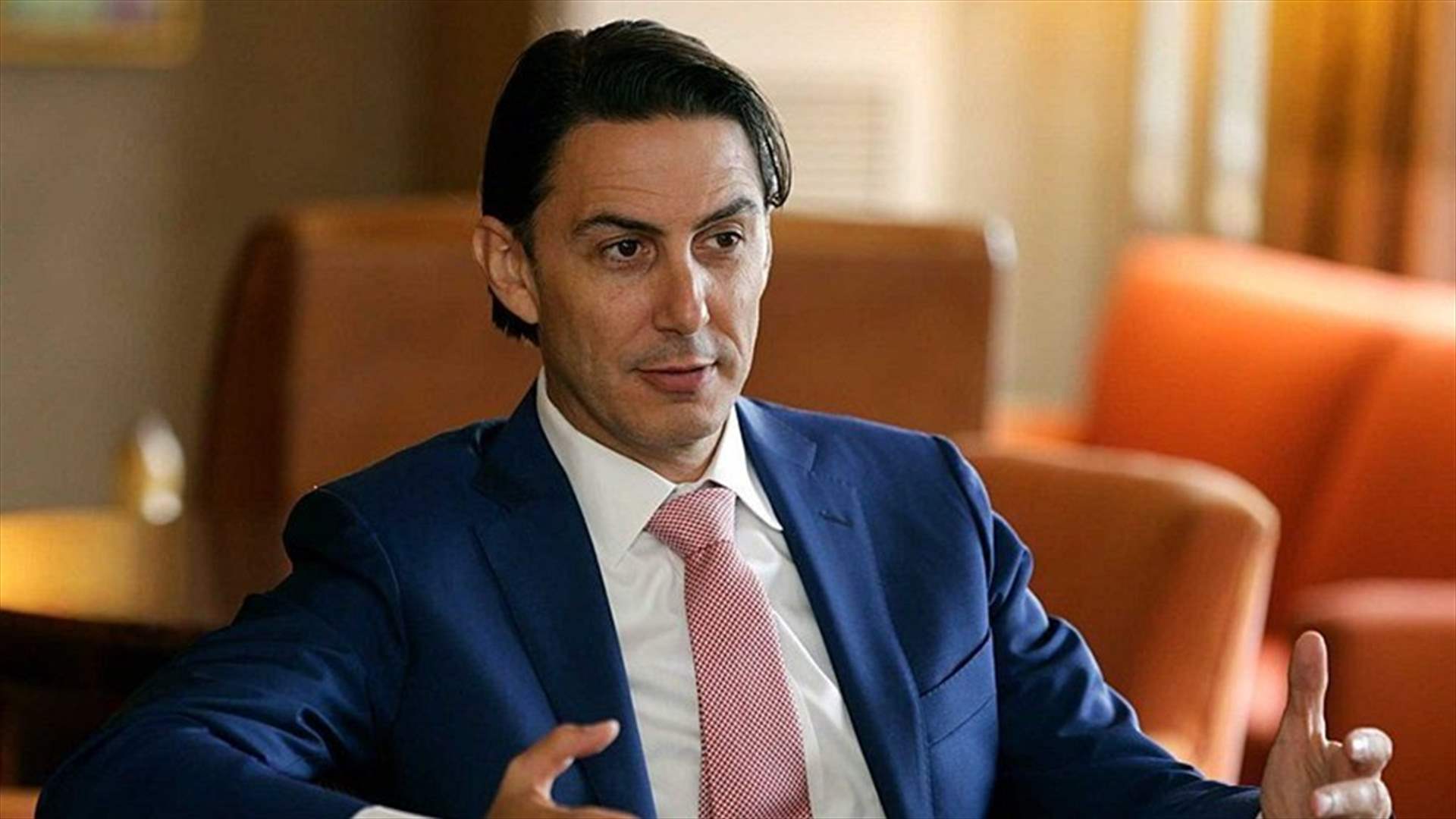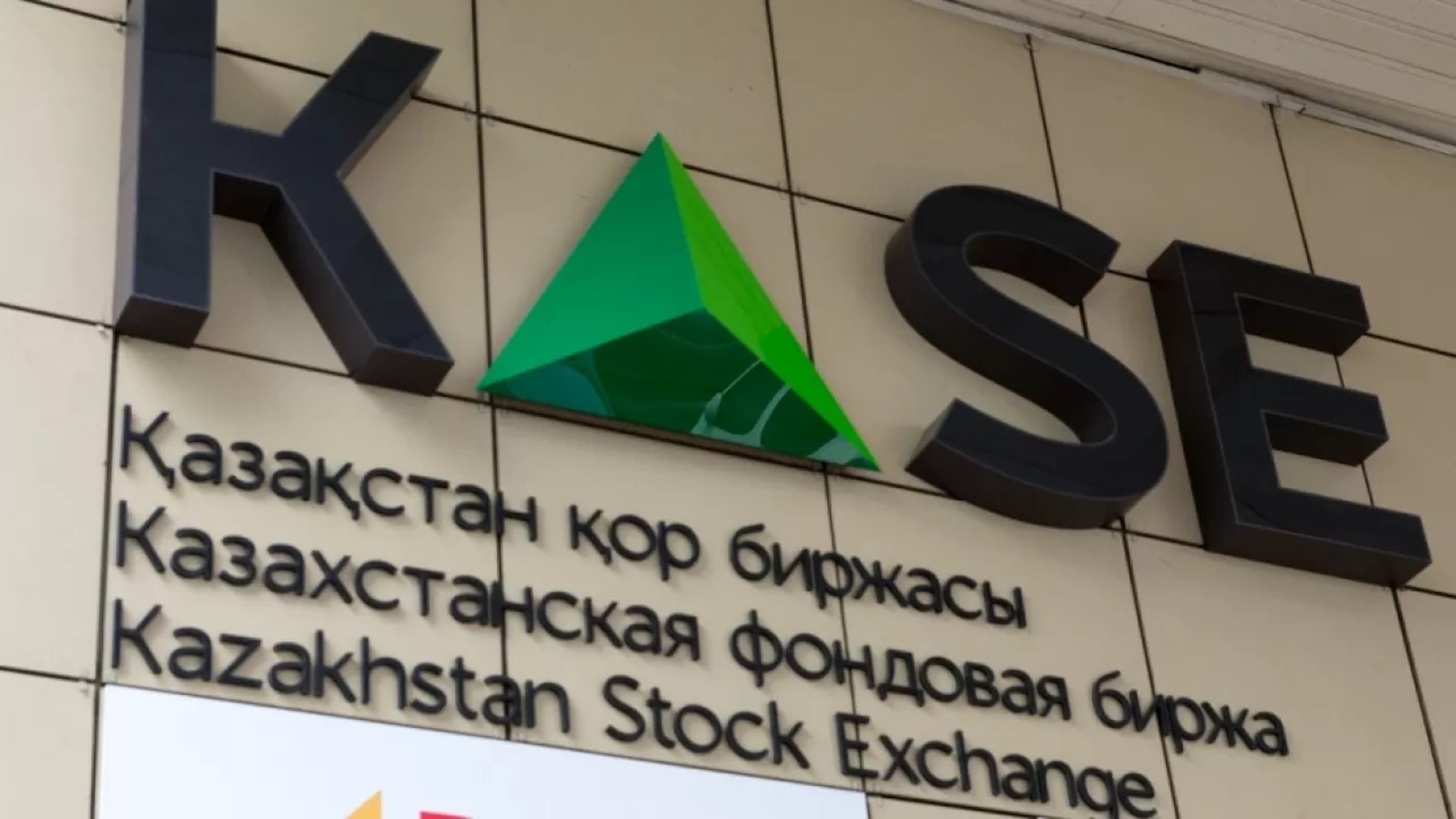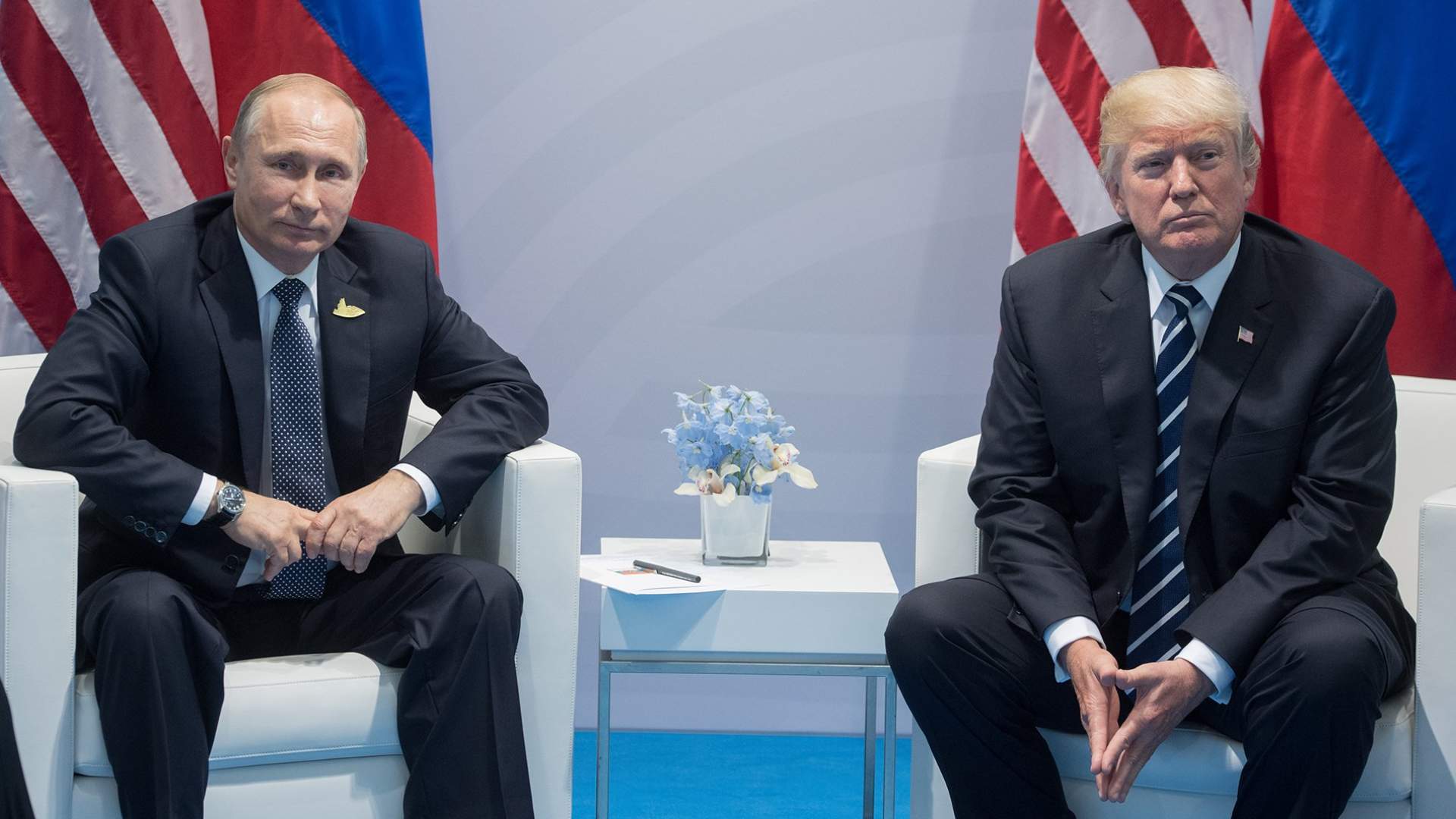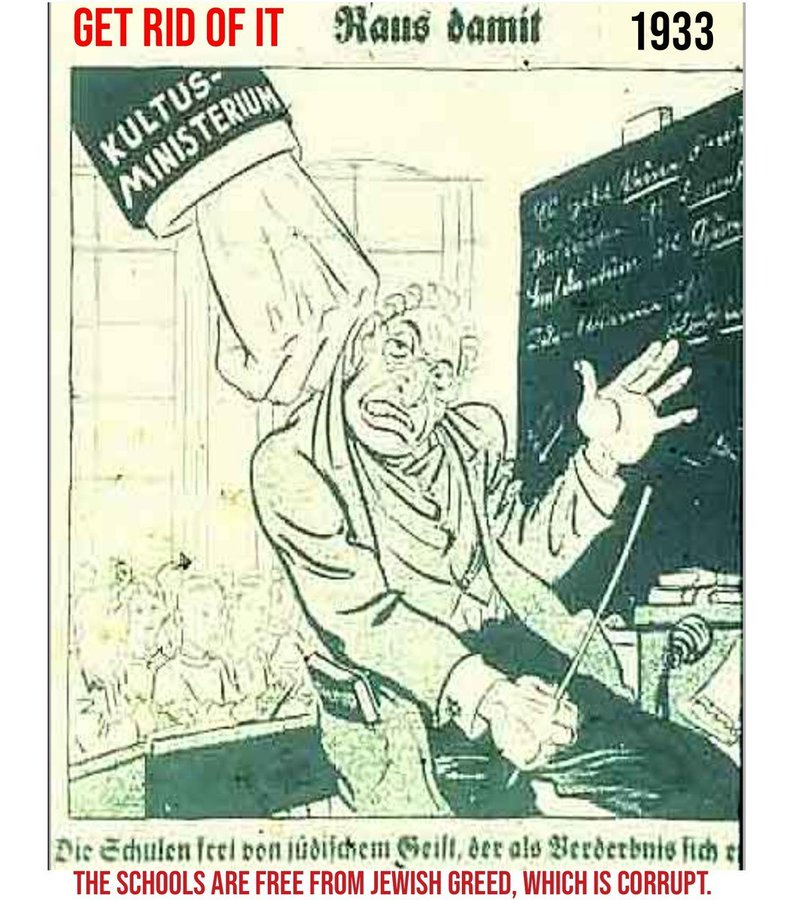Biden's Advisor on Lebanon Visits Beirut After Talks in Saudi Arabia
Amos Hochstein, the U.S. presidential advisor on Lebanon, visited Beirut following discussions with Saudi Arabia's Foreign Minister Faisal bin Farhan. The key focus of the talks was the ceasefire in southern Lebanon and the withdrawal of Israeli forces.

Key Outcomes of the Visit
-
Talks in Beirut:
- Hochstein met with the commander of the Lebanese army, Prime Minister Najib Mikati, and Parliament Speaker Nabih Berri.
- Discussions centered on maintaining the ceasefire and the future deployment of Lebanese forces in southern regions.
-
Main Topic:
- The U.S. proposed extending the presence of Israeli forces in southern Lebanon from 60 to 90 days.
- Lebanese officials made it clear that this proposal is unacceptable and contradicts the country’s sovereignty.
Statement by Amos Hochstein
- Hochstein stated that the parties have 20 more days to reach an agreement on the withdrawal of Israeli forces.
- The plan includes deploying the Lebanese army under the supervision of the United Nations Interim Force in Lebanon (UNIFIL) to stabilize the region.
Context and Significance
-
Tensions in Southern Lebanon:
- Southern Lebanon remains a conflict zone, with ongoing clashes.
- The presence of Israeli troops is widely criticized both within Lebanon and internationally.
-
Saudi Arabia’s Role:
- Talks in Saudi Arabia highlighted the region's interest in resolving the conflict quickly.
- While Riyadh supports U.S. stabilization initiatives, Lebanon is asserting its independent stance.
Conclusion
Hochstein’s visit to Beirut underscores the importance of international efforts to address the situation in Lebanon. However, Lebanon’s resistance to extending Israeli presence reflects its determination to protect sovereignty and regain control over southern territories.
The editorial board is not responsible for the content and accuracy of material taken, sent or obtained from other sources. The publication of such materials is for informational purposes only and does not imply automatic endorsement or approval of their content.



:focal(0.49:0.37):format(webp)/YXJ0aWNsZXMvaW1hZ2UvMjAyNS80LzIwMjIxMjAzLWdhZi11NTUtNzkwLmpwZw.webp?w=1920)





















